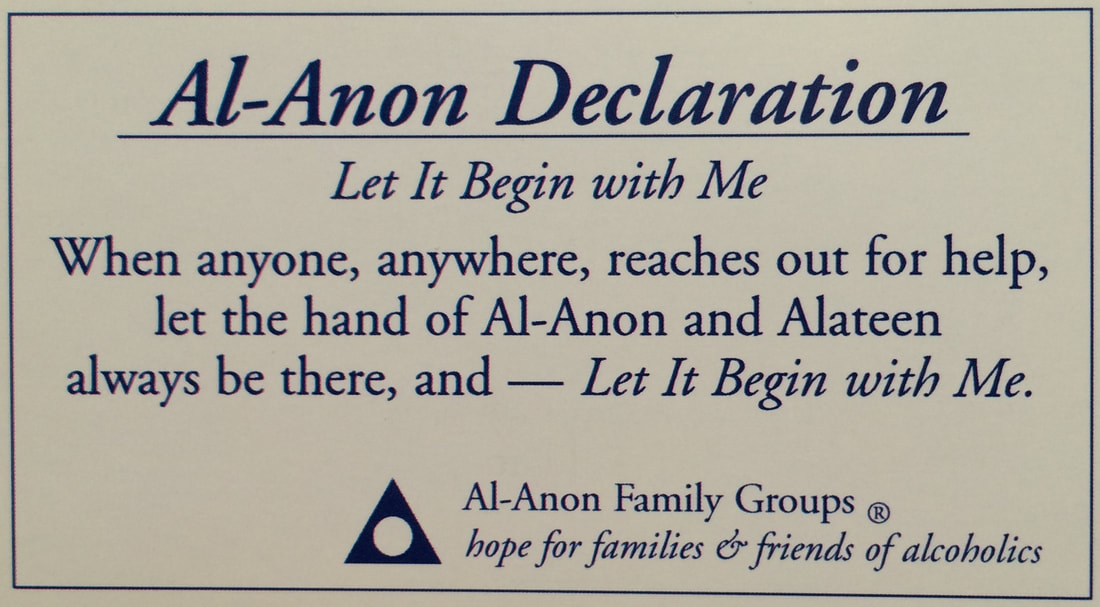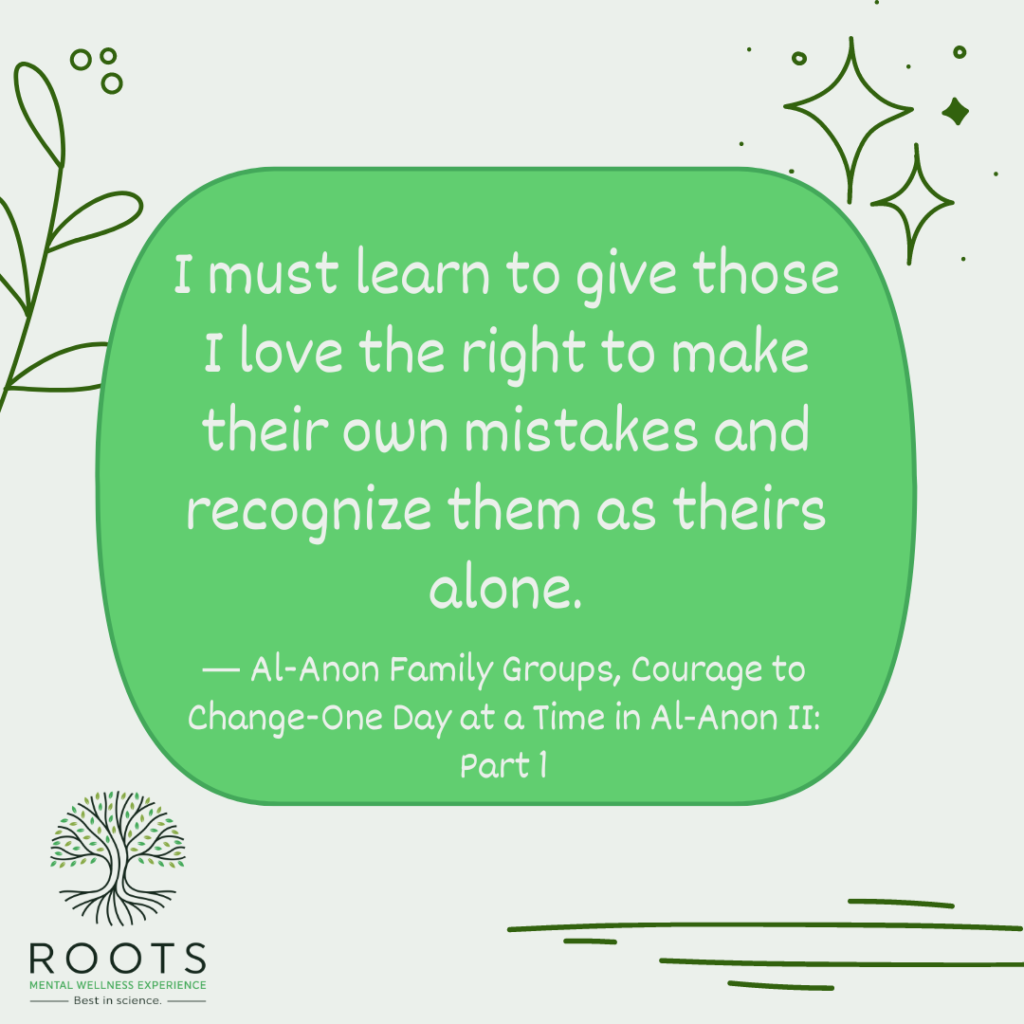Al-Anon Honesty: The Hardest Part & Finding Support In The Program
Can a life irrevocably altered by another's addiction ever truly find its equilibrium? The relentless struggle to be honest with oneself, with the past, and with the present, forms the very bedrock of recovery, particularly when the shadow of alcoholism has cast its long, devastating pall over one's existence.
The echoes of the past can be deafening. The memory of a husband, consumed by the insidious grip of alcohol, lingers, even after death has brought a finality to the physical presence. Yet, the wounds of the past, the complex dance of enabling and heartache, continue to throb. The honest confrontation of these emotions, the unvarnished truth about the shared history, the acknowledgement of one's own contributions to the turmoil this is the crucible of healing.
It's a journey fraught with challenges, one that necessitates a deep dive into the self, a relentless commitment to self-reflection, and the courage to face the unpalatable truths that lie buried beneath layers of denial and rationalization. But the potential rewards peace, clarity, and a life finally free from the shackles of the past make the arduous climb worthwhile.
- From Mistress To Heir The Story Of Lina Lardi Ferrari
- Jaclyn Mascarin Scott Moirs Wife Relationship Career Details
This brings us to the realm of support and recovery programs, specifically Al-Anon. Al-Anon is more than just a collection of meetings; it is a lifeline, a sanctuary for those whose lives have been touched by another's drinking. It is a fellowship built on shared experiences, mutual support, and the unwavering belief in the possibility of healing.
Within the structure of Al-Anon, certain fundamental principles guide the path to recovery. The program doesn't focus on the alcoholic, it centers on helping their loved ones heal from the damage of living with alcoholism. It's a place where you can share your burdens with people who understand, people who have been there, people who can empathize with the pain, frustration, and the bewilderment that accompanies loving an alcoholic. It's a safe space, free of judgment, where members learn to accept the things they cannot change, find the courage to change the things they can, and develop the wisdom to know the difference, a philosophy beautifully encapsulated in the Serenity Prayer.
Central to the Al-Anon philosophy is the concept of "Tradition Two," which underscores the group's commitment to a higher power as expressed through the collective conscience of the group. The leaders are not rulers, but trusted servants. But what exactly does that entail? What does a group conscience entail? How is it achieved, in practice, in the day-to-day dynamics of a meeting? These are the questions that will reveal deeper understanding of Al-Anon's inner workings.
- Clint Eastwood On Trump What He Really Thinks In 2024 Beyond
- Chamath Palihapitiya Key Insights Contact Info Get The Latest
Let's delve into the principles that bind Al-Anon. A key element is the understanding that alcoholism is a family illness. It doesn't simply impact the individual who drinks; it reverberates through the entire family system, affecting spouses, children, parents, and friends. Al-Anon recognizes that the family dynamic has become dysfunctional through alcoholism. As a result, the support group fosters a healthy environment of trust, allowing members to share their stories, burdens, and victories, offering each other strength and encouragement.
It is important to understand that Al-Anon is a program, its not a cure. Recovery, and particularly personal growth and healing, happens step-by-step. The programs steps are more of a guide, which encourage introspection and behavioral shifts. Those 12 steps offer a roadmap for self-discovery and help members work through the painful experiences of their past while building healthy relationships and a sense of well-being in their present lives.
Many people come to Al-Anon with questions. They wonder what to expect, how to find a meeting, and if the program is right for them. Al-Anon welcomes everyone, but it's important to know that it's not always suitable for someone with an alcohol use disorder (AUD). While the program is meant to help those affected by anothers drinking, Al-Anon is not a treatment program for the alcoholic. It offers support for the family and friends of alcoholics to recover from the effects of living with this disease.
The process of recovery is not a linear one; it's a continuous journey. One of the central tenets of Al-Anon is the principle of honesty. The ongoing effort to be honest with one's feelings, the hard facts of one's shared life, and the individual's contributions is paramount. This is the hardest part for many, as it often involves confronting deeply ingrained patterns of behavior, self-deception, and the lingering effects of emotional trauma. Honesty, however painful, is essential for true healing.
The path of recovery also involves understanding the nature of alcoholism itself. It is widely recognized as a disease of compulsive drinking. A disease that can be arrested, but not cured. This recognition is the basis of the Al-Anon program; it is not focused on the alcoholic but on those affected by the alcoholic's drinking.
What is a group conscience? It is a decision-making process, a collective wisdom, and the voice of the group, which should be based on experience and knowledge. It is a process of consensus, where members are given opportunities to share their opinions, ideas, and concerns. It is a way to make decisions that reflect the collective understanding and experience of the group. The group conscience guides the groups actions and ensures that the organization follows the principles of Al-Anon. The group conscience fosters unity and prevents any one individual or group from gaining undue influence. The group conscience aims to ensure that all members feel heard and respected, and the final decisions are made on the basis of information.
As the program emphasizes spiritual principles, members will see references to spiritual principles. This highlights the importance of the spiritual aspect of the Al-Anon program. Spirituality is the essence of recovery. It's about connection, not just with others, but with something greater than oneself. It offers a framework of values to guide our actions and choices, giving us the resilience to keep moving forward.
While the journey of recovery can be challenging, it is also immensely rewarding. Acknowledging the impact of another's drinking on your life is the first step in taking control and reclaiming your life.
Al-Anon has no membership list and does not take attendance. There is no one way to be a member. It is a safe, supportive environment where anyone can find healing and hope.
Coda is a fellowship for those who have difficulty in maintaining healthy, functional relationships with others, regardless of whether those others are or were alcoholics.
Alcoholism by definition is an addiction to the consumption of alcoholic liquor, or the mental illness and compulsive behavior. The impact of alcoholism on a family is devastating. It is a disease, and those who have a relationship with someone who drinks are also affected. A family is the building block of any society; if there is illness, then the whole society is affected. It is this realization that brought many to Al-Anon.
Al-Anon is a beacon of hope, a lifeline for families and friends affected by someone elses drinking. The program includes basic information, sharing from members, and articles by professionals.
It's important to remember that this isn't a solo journey. Seeking help and support is a sign of strength, not weakness. Programs like Al-Anon and Coda offer a compassionate space for healing, growth, and the discovery of a life unburdened by the weight of another's addiction.
| Category | Details |
|---|---|
| Program Name | Al-Anon |
| Purpose | To help families and friends of alcoholics recover from the effects of living with alcoholism. |
| Membership | Open to anyone whose life has been affected by someone elses drinking. No membership list and no attendance taken. |
| Focus | Providing support, understanding, and a safe environment for those affected by someone else's drinking, rather than focusing on the alcoholic. |
| Key Principles | Honesty, acceptance, courage, wisdom, spiritual principles, and the understanding that alcoholism is a family illness. |
| Meeting Structure | Meetings typically involve sharing experiences, providing support, and discussing the Al-Anon program and its principles. |
| Literature | Conference Approved Literature (CAL) which includes basic information, sharings from members, and articles by professionals. |
| Other Information | Al-Anon is a mutual support program, and is not a treatment program for alcoholism. It is a valuable resource to help those who are struggling with the impact of anothers drinking. |
| Related Programs | Co-Dependents Anonymous (CoDA) is a fellowship for those who have difficulty in maintaining healthy, functional relationships with others. |
| Official Website | Al-Anon Family Groups |

Al Anon Meaning IPAM Power Hub

What Is Al Anon And What You Should Know About It

What Is An Al Anon Meeting? Oceanfront Recovery